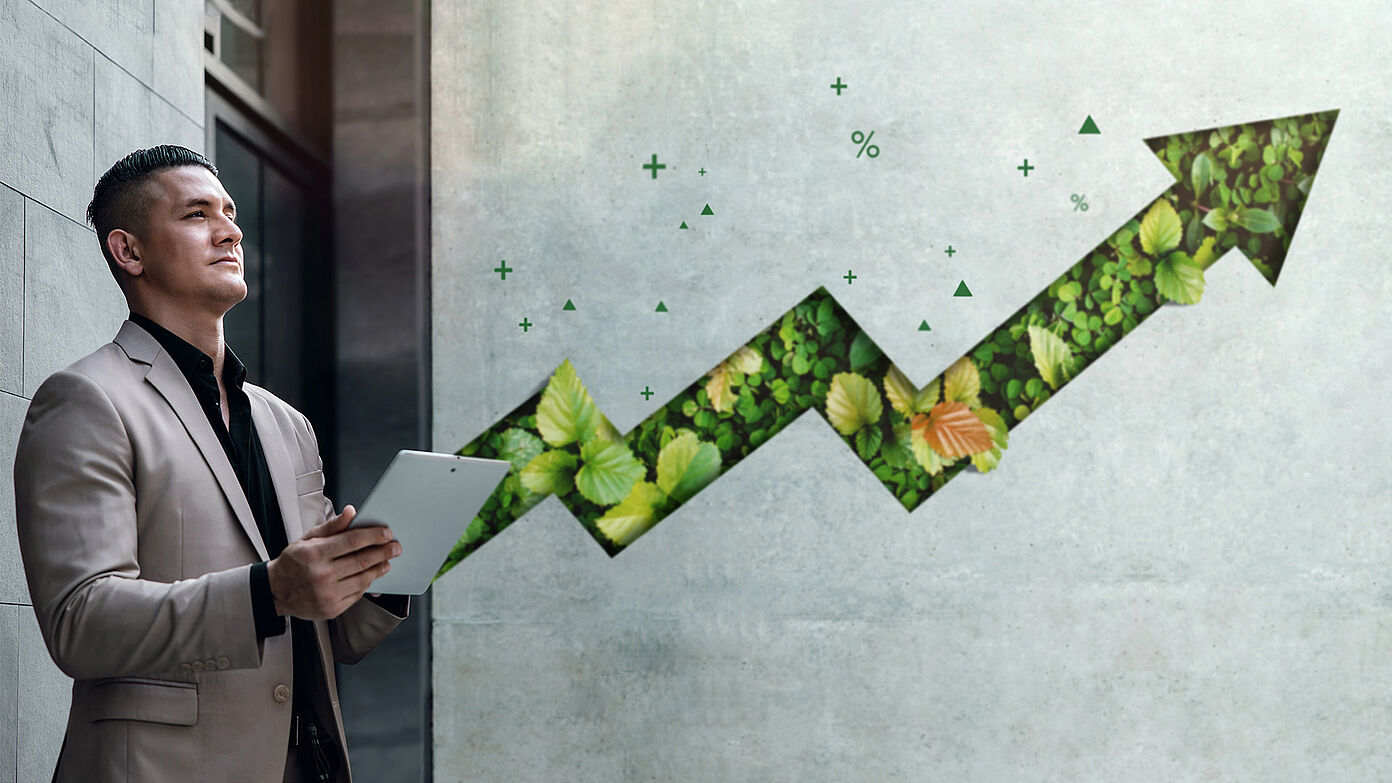Sustainable purchasing: from a chore to a new future ecological trend
The general discussion on sustainability has long since moved away from the area of private life and has found its way into business organizations. A case study on one of my clients and an INVERTO survey make it alarmingly clear — this issue does not yet seem to have reached business practice, especially not purchasing.

While my client reacted to energy price increases from suppliers by completely closing down one of their administrative buildings in 2022, the 90 companies surveyed in the INVERTO study show little more is being done than required by law in terms of sustainability. A full two third of the companies dealt with the issue only because of legal requirements. In addition, less than one third were concerned about reducing waste, recycling, or reducing water use. And less than half wanted to cut their energy use or take steps to achieve decarbonization.
Focus is on the supplier in a fragile sustainability strategy
Due to insufficient resources and a lack of purchasing know-how, many companies take their suppliers head on. According to the INVERTO study, don’t be surprised that the most frequently implemented sustainability goal was a code of conduct for suppliers, signed by 75% of respondents. A good third of respondents also based their selection of (mainly direct) suppliers on sustainability criteria. However, passing on the responsibility to the suppliers can be very costly for the company itself as it is rather at the mercy of increased energy prices.
Four hypotheses for the future of neo-ecology and their implications on purchasing
The results of the INVERTO survey also show that the issue of corporate sustainability is being overlooked, especially with regard to future trends and upcoming generations. The website www.zukunftsinstitut.de has a very interesting brief on the subject of neo-ecology, which begins as follows: “Be it purchasing decisions, moral social action, or corporate strategies, the neo-ecology megatrend is establishing a new set of values that extend into every aspect of our daily lives. The sustainability paradigm is reprogramming the codes of global society, culture, and politics, thereby fundamentally realigning corporate action and the entire economic system.”
In this context, let’s take a look at four hypotheses about the future of the neo-ecology megatrend and their significance for purchasing:
Hypothesis 1: Humanity will reintegrate itself into the Earth’s ecosystem.
Climate change and global disasters similar to the Corona pandemic show that humanity is actually not superior to things and is therefore neither the world’s destroyer nor its possible savior. With the shift to new solution-oriented standards, people are realigning themselves within the self-organizing system Earth. For the purchaser, the focus is thus on the practical implementation of the Supply Chain Act and precise considerations when selecting sourcing strategies involving near-shoring or offshoring.
Hypothesis 2: Sustainability means smarter, not less.
Supported by green technology, the future neo-ecology consumption style is moving towards an intelligent-sustainable use of resources and thus away from the shortage mentality.
What does this hypothesis mean for the buyer? Green tech innovations and specifications will become increasingly relevant, both in the testing of in-house products and in calls for tenders.
Hypothesis 3: The economic system will evolve into a value system.
The Corona crisis highlighted the need for a fundamental economic transformation. In the future, sustainability, post-growth, and the common good will take the place of growth and maximizing profits. Consequently, the “people factor” and cooperation in project teams will increasingly come into focus in purchasing in addition to business management issues. A new generation of buyers will collaborate, think, and act in a cross-functional and solution-oriented way.
Hypothesis 4: The Global Generation will shape a sustainable world.
With an eye on their future, the upcoming generation is connected by a progressive, solution-oriented, and serious mindset. Based on critical consumption with a meaningful and social component, the focus is on above all a more globally sustainable, equitable economy and society.
Against this background, buyers will have to pay particular attention to the purpose of their work and its corresponding environmental impact in the future. This applies in particular to purchasing decisions along the supply chain where the sustainability issue is added to the evaluation matrix to complete the Big Five in purchasing, i.e. the five decision-making criteria for suppliers: price, service, technology, quality, and sustainability.
Are you interested in the subject of sustainability in purchasing and neo-ecological aspects? Then why not network with me on LinkedIn https://www.linkedin.com/in/tanja-dammann-g or schedule a free appointment https://www.dammann-goetsch.consulting/en/appointment/
For more on this and other issues for sustainable purchasing strategies, listen to my podcast.